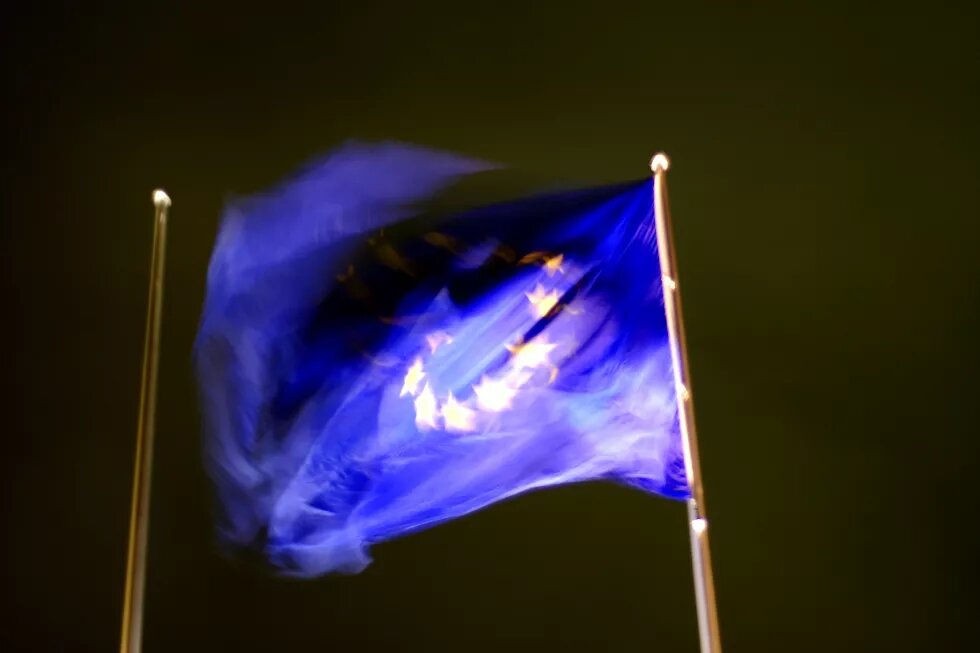
Human trafficking, refugees, right-wing populism – challenges for an emancipative gender policy in Europe - International Conference on 21/22 March 2014 in Berlin (Agenda & Registration)
The founders of the European Union envisioned a peaceful and united continent. Freedom and democracy, human rights, equality and (social) justice for all were the targets. The awarding of the Nobel Peace Price to the EU in 2012 acknowledged this idea of a peaceful and diverse Europe. As a consequence of various – not only economic – crises, Europe is now confronted with multiple challenges that require a reinforcement of this vision. It comes down to defending civil freedoms and rights against state interventions into our everyday lives, about correcting the EU’s refugee policy, countering xenophobic right-wing extremists and populists, eliminating discrimination on many levels, and establishing the primacy of (gender) democracy. This calls for a policy of good neighbourhood, global (gender) justice and the protection of human rights as well as civil conflict prevention and multilateral conflict solutions that include gender perspectives.
The EU’s Treaty of Amsterdam has been in force for 15 years. It enshrined gender mainstreaming as a strategy for EU policies. However, due to the ongoing economic, social and political crises in Europe, their implementation is further away than ever. The EU has to reinvent its role as a gender equality and gender policy actor. How this could work will be illustrated with the help of selected topics. The conference seeks to provide a forum to take stock of gender and gender equality poli-cies and to discuss an emancipative European gender policy. The conference will focus on human trafficking / forced prostitution as well as peace and refugee policy issues.
Human trafficking
Human trafficking violates fundamental human rights. Economically weak and disadvantaged groups are particularly affected. The European Union has placed the protection of those groups as well as the prevention of and fight against this phenomenon at the centre of their policies. It mainly focuses on a closer cooperation and coordination of the member states’ police forces and legal authorities. Furthermore, the EU has provided a framework to deal with criminal liability and sanc-tions. Human trafficking for sexual exploitation purposes (in particular the sexual exploitation of women) should be punished consistently and effectively. Among other things, the EU Victim Pro-tection Directive demands new regulations at the national level. The system to protect refugees from deportation, in particular during ongoing legal proceedings, has to be improved significantly.
We would like to concentrate on the following questions:
- What can be done to guarantee a clear separation between human trafficking / forced prostitution, on the one hand, and legal prostitution and the representation of prostitutes’ rights, on the other?
- What are the root causes for Germany becoming a hub for trafficking in women and an attractive sex tourism destination? What do we need in order to ban forced prostitution and human trafficking in Germany and the EU?
- What links to European immigration policy exist?
Peace and refugee policy
Flee and motives for fleeing strongly correlate with war – war not only in the sense of direct military violence, external interventions and/or the use of internal militias, but in the sense of a threat to “human security”. Consequently, peace and refugee policy must analyse the root causes and give the strengthening of prevention measures, i.e. the avoidance of violence, top priority because that would simultaneously reduce people’s motives for fleeing.
In the last decade, the European Union has further consolidated and secured its borders. It is rather reluctant to enlarge and reorganise its receiving capacities in the member states. This goes against the political demands of international organisations to guarantee safe accommodation to refugees from conflict regions. And although the European Union aims at harmonising refugee protection and asylum policy with high human rights standards, as stipulated in the 1997 Treaty of Amsterdam, the reality of the matter is that it is drifting in another direction: instead of pursuing a refugee and asylum policy which is based on human dignity, the EU is focusing on militarising and consolidating its external borders. The consequences of this policy over the last decade have become engraved on people’s minds due to images from Morocco or Lampedusa: images of wrecked, hopeless, fenced-in refugees and transit migrants, of overcrowded boats and dead corpses washed ashore.
Against this backdrop, we want to shed light on motives for fleeing from a gender-policy perspec-tive and on how European policies could deal with refugees in a reasonable way. How do European policies strengthen the EU Foreign Policy Chief’s intervention potential? What role could EU parliamentarians play and how can the cooperation with civil society organisations be stimulated in the spirit of UN Resolution 1325? What needs to change in order to guarantee the protection of refugees’ human rights?